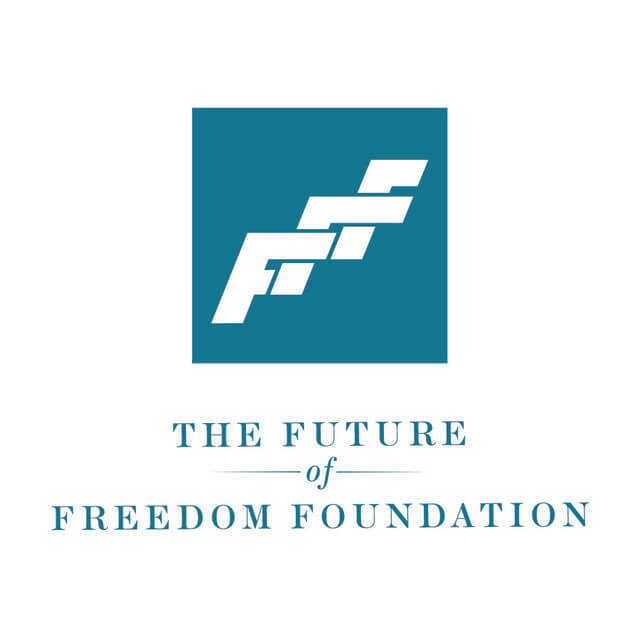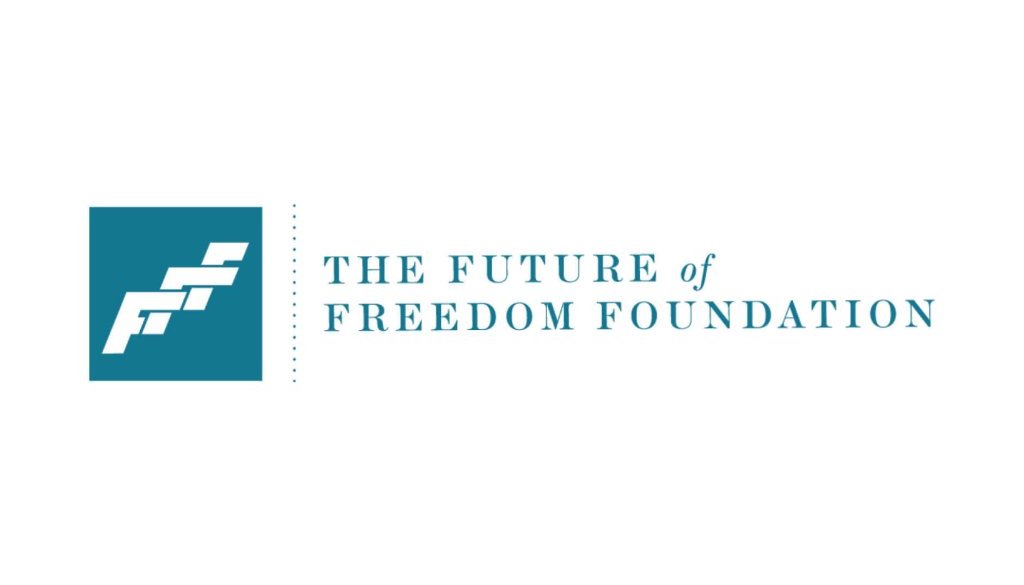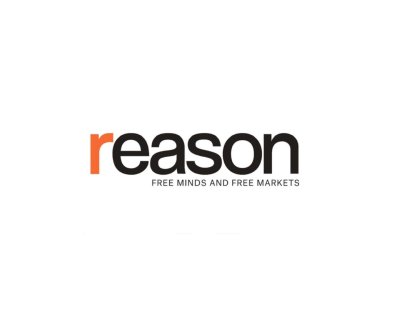Don Vito Trump
Given that supporters of Donald Trump do not like people referring to his upcoming presidency as dictatorial, notwithstanding his own promise to be a dictator on Day 1 of his administration (and possibly beyond), I will simply refer to Trump as Don Vito. That’s because he recently, in the finest Godfather tradition, made Mexican President Claudia Scheinbaum an offer she can’t refuse. He told her that if she fails to enforce his war on drugs and his war on immigrants, he will impose a 25 percent tariff on Mexican products exported to the United States.
Let’s break down what can only be described as political blackmail or extortion on the part of Don Vito Trump.
For decades, the U.S. government has had a drug war and a system of immigration controls, neither of which has ever worked. They still aren’t working. Even worse, they have produced nothing but death, suffering, corruption, and the destruction of liberty and privacy.
Mexican President Claudia Scheinbaum. Licensed under the Creative Commons Attribution 2.0 Generic license.
Moreover, they aren’t going to work in the future — at least not without more massive destruction of liberty and privacy here in our own country, especially at the hands of the U.S. military, which Trump intends to employ. After all, if Trump was confident that his massive militarized police state, including his nationwide deportation plan, was going to work, why would he have to threaten and blackmail the president of Mexico to help him do it?
Let’s keep in mind another important point. This is America’s drug war and America’s war on immigrants, not Mexico’s. Why should Mexico be required to enforce America’s dysfunctional and unworkable systems, especially since such enforcement constitutes a destruction of the liberty and privacy of the Mexican people?
Moreover, what does Don Vito Trump expect Scheinbaum to do? Mexicans are free to travel within their own co
Article from The Future of Freedom Foundation

The Future of Freedom Foundation (FFF) is a leading voice in libertarian thought, tirelessly advocating for individual liberty, free markets, and limited government. Established in 1989, the FFF is more than just a think tank; it’s a hub for intellectual exploration and policy advocacy that draws on the classical liberal tradition and Austrian economics. Through insightful articles, videos, and events featuring top libertarian minds, the organization provides a robust critique of mainstream politics and policies, championing instead the principles that underlie a truly free society. For anyone seeking a principled stand for freedom and limited government, the Future of Freedom Foundation serves as an invaluable resource and an inspiring beacon.




